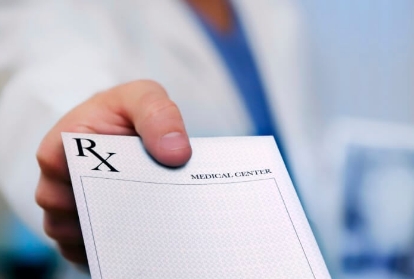Chronic Obstructive Pulmonary Disease (COPD) is a progressive lung disease referring to chronic inflammation of the lungs that makes it difficult to breathe. The main symptom of COPD is shortness of breath, which can worsen over time.
People with COPD are at an increased risk of developing respiratory infections, heart problems, and other health complications. There is no cure for COPD, but treatments can help to improve symptoms and slow the progression of the disease.
According to the American Lung Association, an estimated 16 million Americans suffer from COPD. The disease is the third leading cause of death in the United States, and it disproportionately affects older adults, women, and certain racial and ethnic groups.
Cigarette smoking is the leading cause of COPD, but other factors can also contribute to the development of the disease. These include:
Exposure to secondhand smoke, air pollution, and certain occupational chemicals and dust.
Genetics may also play a role, as COPD is more common in people with certain genetic mutations.
Signs and symptoms may include:
Shortness of breath
Wheezing
Chest tightness
Persistent cough
Frequent respiratory infections
Fatigue
Rapid breathing
Frequently waking up at night
Exercise intolerance
Swelling in lower extremities
A COPD diagnosis can be made based on your symptoms and a physical examination. Your doctor may also order tests, such as lung function tests or a chest X-ray, to confirm the diagnosis. With proper treatment, many people with COPD are able to manage their symptoms and enjoy a good quality of life.
There are two types of medications used to treat COPD: rescue medications and control medications. Rescue medications are used when quick relief is needed. Control medications are used regularly to prevent attacks from occurring long-term.
The most common rescue medication is a bronchodilator, which relaxes the muscles around the airways and makes it easier to breathe. These common short-term medications include:
Short-acting beta-agonists: albuterol and levalbuterol
Anticholinergics: ipratropium and tiotropium
Oral and IV Corticosteroids: prednisone and methylprednisolone
The most common control medications are inhaled steroids, which reduce inflammation in the airways.
Inhaled corticosteroids: mometasone, budesonide, beclomethasone, ciclesonide, and fluticasone
Leukotriene modifiers: montelukast
Combo Inhalers: Advair, Symbicort, Dulera, and Breo-Ellipta
Theophylline
While there is no cure for COPD, there are lifestyle changes that can help to improve symptoms and prevent the disease from getting worse.
Quitting smoking is the most important step that smokers with COPD can take.
Avoiding secondhand smoke and other airborne irritants can also help to reduce symptoms.
Regular exercise is another important part of managing COPD. Cardiovascular exercise helps to strengthen the heart and lungs, while resistance training can help to build up muscle mass and improve breathing.
A healthy diet can also help to improve COPD symptoms. Eating foods rich in antioxidants, omega-3 fatty acids, and vitamins C and E can help to reduce inflammation and improve lung function.
Staying hydrated by drinking plenty of fluids is also crucial for people with COPD.
Breathing techniques and clearing your airways can help improve breathing throughout the day and clear excess mucus obstructing your airways.
By making these lifestyle changes, people with COPD can help to improve their symptoms and prevent the disease from progressing.

If you have a question about a prescription transfer or ordering from NextRx, we’d love to hear from you.

This will close in 0 seconds